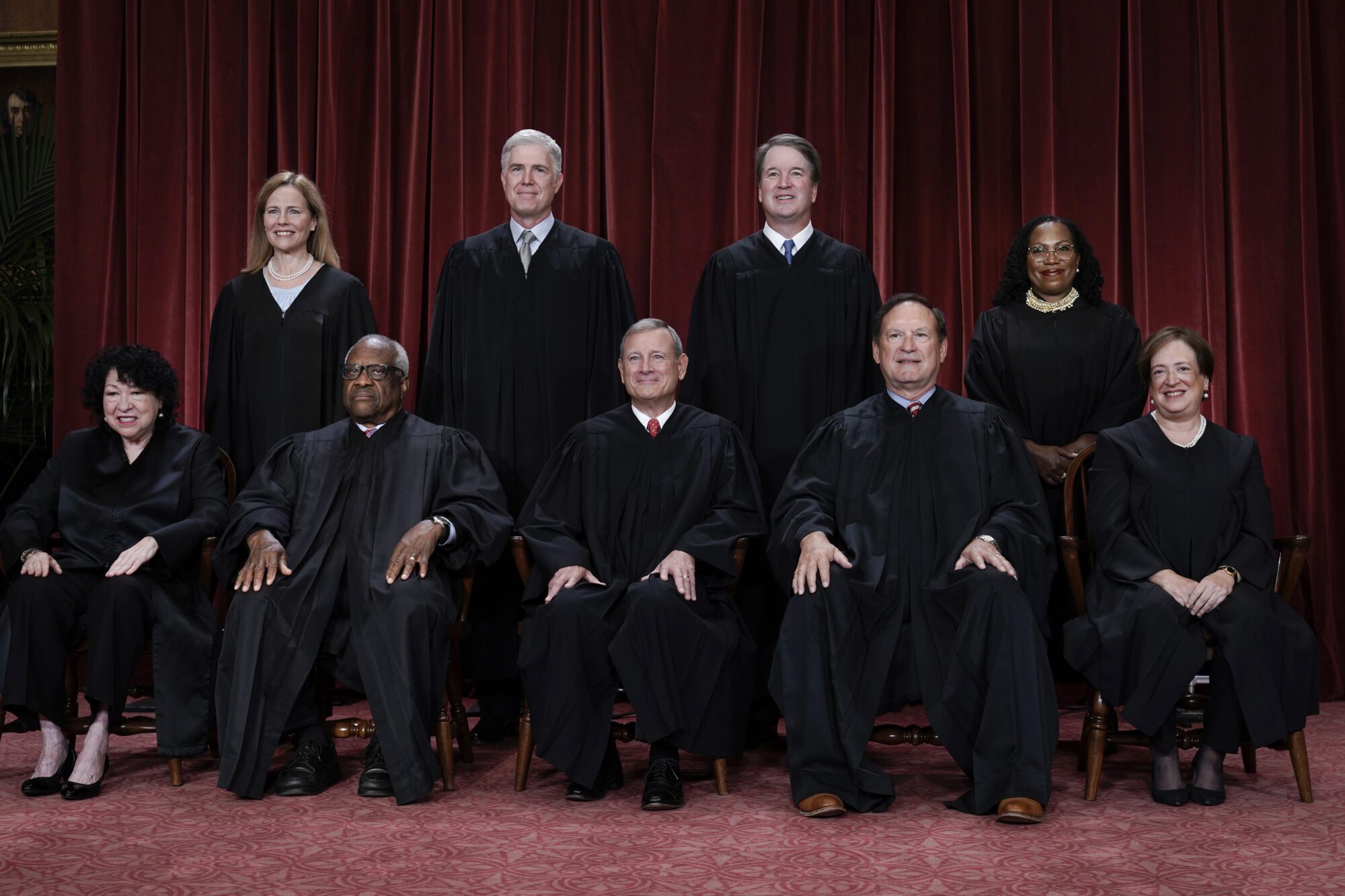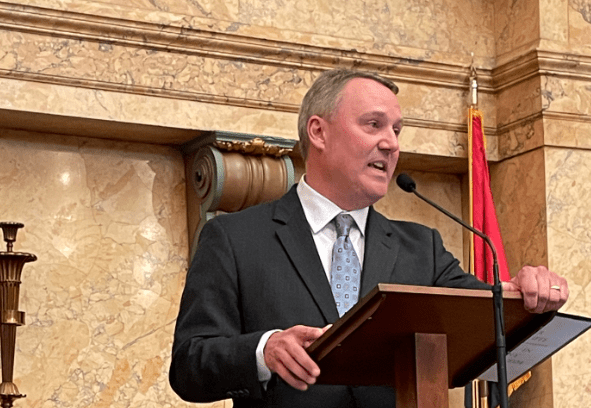Two years ago, in District of Columbia v. Heller, the United States Supreme Court rendered one of the most important legal rulings in its history by striking down Washington, D.C.’s ban on handguns. Relying on a majority opinion drafted by Justice Antonin Scalia, the Court held that adult citizens – each of us individually – enjoy the right to keep and bear arms, concluding decades of debate as to whether the Second Amendment protects the rights of all individuals (the individual rights theory) or only those who are members of a militia (the collective rights theory).
Despite the Court’s strong support of the Second Amendment, a technical legal issue remained unresolved; its landmark ruling was limited only to federal laws and enclaves. Simply put, though the Court recognized an individual’s right to bear arms from a federal standpoint, it failed to answer the question of whether the recognized right also applied to cities and states.
Last week, the Court finally resolved the matter by issuing an opinion in the case of McDonald v. City of Chicago.
In McDonald, the Court struck down Chicago’s ban on the private ownership of handguns, finding that the right to possess a handgun for self-defense is “fundamental from an American perspective and applies equally to the federal government and the states.” The Court also recognized that the “central component” of the Second Amendment is individual self-defense, noting that “self-defense is a basic right, recognized by many legal systems from ancient times to the present.”
Striking a blow for freedom, the McDonald decision strengthens the rights of gun owners and opens the door for legal challenges seeking to declare certain restrictions on firearms unconstitutional.
The Second Amendment’s language is clear and not perplexing: “A well regulated Militia, being necessary to the security of a free State, the right of the people to keep and bear Arms, shall not be infringed.”
Nevertheless, liberal scholars supporting a collective rights theory have proposed that the addition of the prefatory clause qualifies the rest of the amendment by placing a limitation on the people’s right to bear arms. Such an argument, however, ignores the fact that the amendment was designed to guarantee, not impart, the unalienable right of individuals to keep and bear arms.
Gun control activists likewise fail to consider the textual certainties of Constitutional construction; in all six other provisions of the Constitution that mention “the people” the phrase refers to all members of the political community, not merely an unspecified segment or collective.
Though the amendment speaks to the historical need for a militia, its plain language demonstrates the function of the prefatory clause was not to qualify the right, but instead to show why it must be protected. Recognizing this truism, the Court has on two occasions properly recognized that the prefatory clause serves to clarify the operative clause, but neither limits nor expands its scope.
Contrary interpretations would make little sense; indeed, why would the Constitution’s drafters place a collective right into the middle of the most noble listing of individual rights ever recognized?
Not only do the Court’s decisions benefit from textual support, there is no evidence from early common law that the right was intended to apply solely to active militia members. To the contrary, historical evidence demonstrates the founders’ unyielding dedication to an armed citizenry.
For example, early statesmen such as Richard Henry Lee defended the right of our people to bear arms, declaring, “To preserve liberty, it is essential that the whole body of the people always possess arms and be taught alike, especially when young, how to use them.”
Alexander Hamilton wrote in The Federalist Papers, “The best we can help for concerning the people at large is that they be properly armed.”
Moreover, early patriot and author of the Virginia Declaration of Rights, George Mason, echoed his understanding of this precious right when he flatly declared: “To disarm the people is the most effectual way to enslave them.”
In words and deeds, the Constitution’s contemporaries recognized the Second Amendment as an individual right essential to liberty.
And last week, by the slim margin of 5-4, so did a majority of the justices on the United States Supreme Court – for the second time in two years.
But our fight to protect the Second Amendment is not over.
Though conservatives are pleased with the Court’s decisions, the rulings did not call into disrepute the complex system of licenses, registrations and other obstacles that currently exist; nor do they eliminate local governments’ ability to devise solutions to social problems that suit local needs.
As such, there will be consistent demands from the left to continue an assault on our liberties, however incremental.
And it will be our duty to remind them that the Second Amendment will not tolerate their liberal agenda of circumventing our Constitutional rights with excessive and unreasonable firearm restrictions.
I look forward to hearing from you and I am honored to represent you in the Mississippi Senate. If I can ever help you in any way, please feel free to contact me at cmcdaniel@senate.ms.gov.







